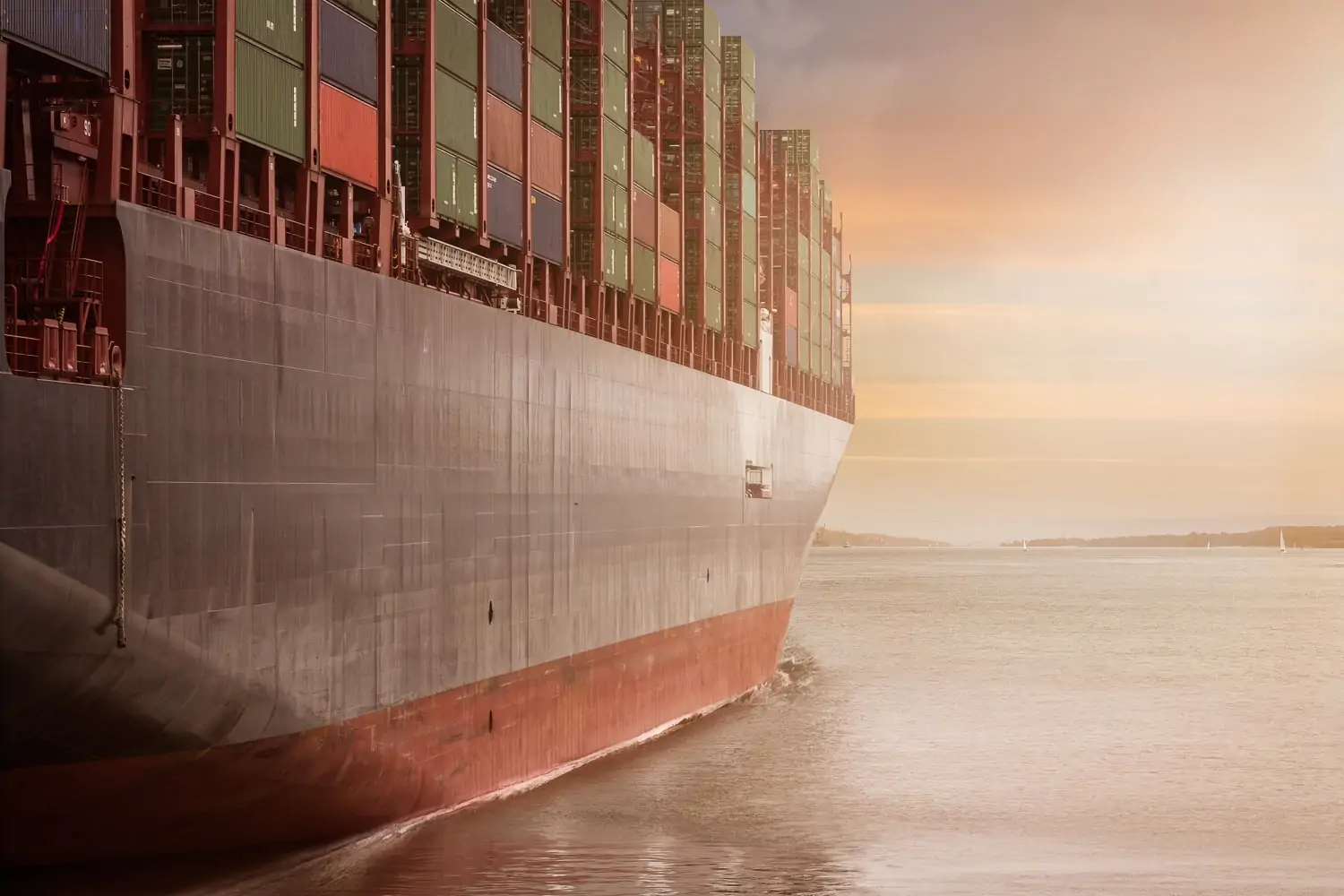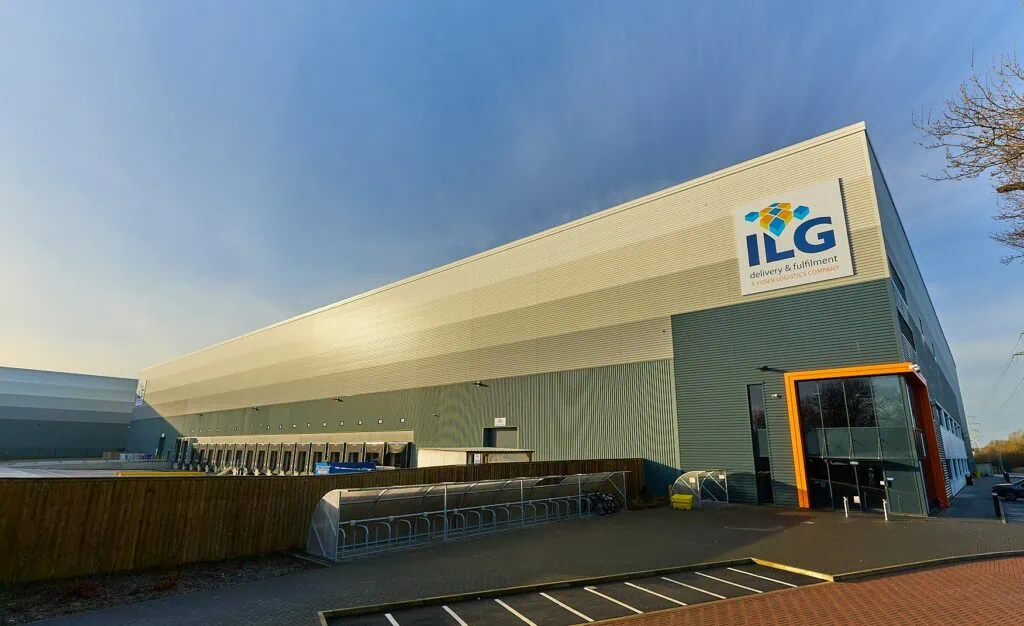
The world is currently experiencing a crisis in the shipment of goods and it’s affecting UK businesses more than most. A combination of Brexit, Covid-19 and red tape have brought supply chains to a grinding halt, and with Christmas just around the corner, it’s a major concern for retailers.
At ILG we’re working closely with our customers to minimise the impact of the delays. But why is this happening now and how can you best manage the crisis?
Perfect storm
The problem can be traced back to before the pandemic. With the benefit of hindsight, there were growing weaknesses in the global supply chain that may have looked manageable at the time but became unmanageable in the light of Covid.
With e-commerce booming, consumer demand at the end of 2019 was at an all-time high. In the UK, the haulage industry came into the pandemic already under pressure. Lockdown turned the screw, triggering a steeper rise in online shopping and accelerating a growing shortage of lorry drivers, brought on by Brexit, the IR35 tax regulation and slow processing of new driver applications.
Prior to the pandemic, there were around 600,000 lorry drivers working in the UK, a shortfall of around 60,000, according to the Road Haulage Association. In the last two years that shortfall has grown to around 100,000. Drivers have been retiring or leaving for alternative careers and not enough have been coming on board at the bottom of the ladder.
To compound the delays, some of the world’s biggest ports were forced to close this year due to Covid outbreaks, leaving cargo ships anchored at sea, unable to unload for weeks. In August, a terminal at the third largest port in the world, Ningbo-Zhoushan in China, had to close for a month, causing a knock-on effect through other Chinese ports and adding to the backlog still being felt from the Suez blockage in March.
It was a perfect storm of swelling demand, plunging supply and major hold-ups.
Impact on retailers
For UK retailers, the crisis is having a double impact of extensive delays and soaring prices. This month we’ve received two shipments from China that were booked in April. That’s a five-month turnaround on a shipment that would normally take a few weeks. Another shipment booked in June is yet to arrive.
With everyone fighting to secure what little supply they can find, prices are going up on average £500 every two weeks. This has caught many people off guard.
Some of the world’s biggest brands have already declared that there will be shortages at Christmas and some distribution orders will not be fulfilled. And with Chinese New Year bringing its usual slowdown in January, things aren’t expected to improve until the end of Q1 2022. Even that is looking optimistic. We could well be looking at Christmas 2022 before things return to normal.
How to manage the crisis?
Our conversations with customers revolve around managing the crisis rather than finding solutions. In truth, there is no overnight solution. Eradication of the Covid threat, a revision of UK law and a streamlining of the driver qualification process will all make a positive difference, but will all take time.
In the meantime, it’s a case of being aware of the situation, managing your customers’ expectations and making sure your processes are as efficient as possible, so there are no additional delays.
Number one – get your shipment spec exactly right before submitting it. Any late changes will cause new delays, which will be magnified several times over in the current climate.
Number two – give us more notice. Shipments from China and India currently need two to three weeks’ notice rather than the usual one, so try to work to that schedule if you can.
Number three – as most quotes are only issued on a two-week basis, be prepared to book on provisional rates, so that you’re ready to go as soon as your shipment becomes available.
We’re aware that this is far from comforting news for our customers but it’s a global situation that, like Covid, we’re stuck with and must learn to live with. Along the way, we are constantly monitoring the situation, looking for solutions and helping our customers to keep their customers satisfied. It requires patience, understanding and a strong nerve but we’ll get there.
If you have any questions or need advice, we’re always here to help. Please do contact us on 0844 264 8000.
Contact Us
More insights >
How to Manage Your Stock with SKU Numbers: Best Practice Guide
If you’re an e-commerce business, efficient inventory management is essential – and one important part of this is understanding SKU numbers.
ILG is a Finalist for Best Logistics Solution at the BeautyMatter 2025 Awards!
We’re thrilled to announce that for the third year in a row, ILG is a finalist for ‘Best Logistics Solution’ at the BeautyMatter 2025 Awards!

